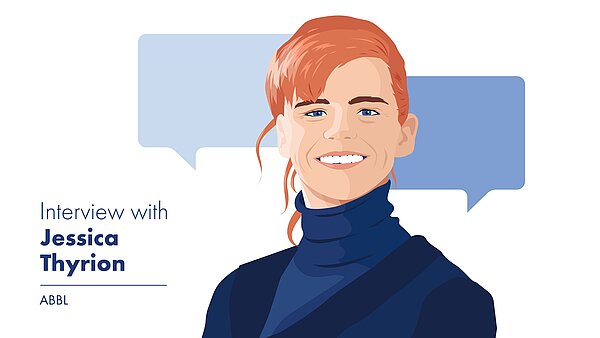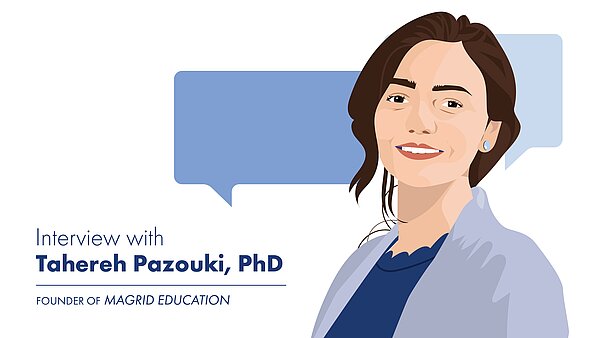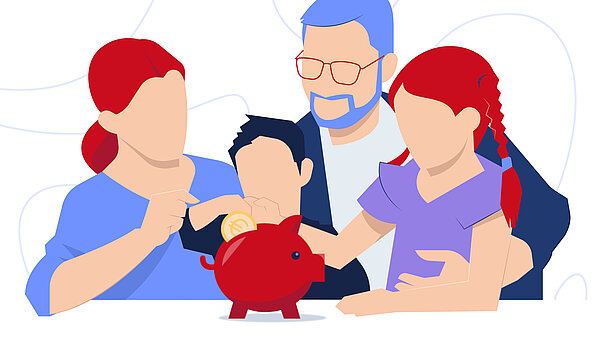![[Translate to English:] [Translate to English:]](/fileadmin/_processed_/8/c/csm_428_EXP_Anne-Marie_Loesch-80_4ebe39b6cf.jpg)
In this extract from the "Evergreens by Spuerkeess" podcast, we share the views of Anne-Marie Loesch, Head of Sustainability & Business Development at the House of Sustainability, on the importance of sustainability and guiding businesses towards a successful energy transition. Discover her advice on how to apply it effectively and strategies for building a sustainable and resilient business.










![[Translate to English:] [Translate to English:]](/fileadmin/_processed_/9/7/csm_426_EXP_Romy_Reding_Spuerkeess_28mars25_f6a6df7a8f.jpg)
![[Translate to English:] [Translate to English:]](/fileadmin/_processed_/8/5/csm_423_EXP_Irene_DeMuur_Spuerkeess_5130161f11.jpg)
![[Translate to English:] [Translate to English:]](/fileadmin/_processed_/5/8/csm_SP_175_Illustration_422_EXP_Bertrand_Lathoud_Luxembourg_House_of_Cybersecurity_d8f6d97d0e.jpg)
![[Translate to English:] [Translate to English:]](/fileadmin/_processed_/f/5/csm_SP_171_Illustration_420_EXP_Philippe_Parage_CN3_77e5a0f32e.jpg)
![[Translate to English:] [Translate to English:]](/fileadmin/_processed_/c/f/csm_119__Portrait__Simone_van_Schouwenburg_Interview_1b6dcdd1cb.jpg)
![[Translate to English:] [Translate to English:]](/fileadmin/_processed_/8/a/csm_231__Portrait__Emir_Mustafic__Interview__1__91cec06c41.jpg)
![[Translate to English:] [Translate to English:]](/fileadmin/_processed_/8/7/csm_410_EXP_Luigi_Garofoli_Spuerkeess_6fe92987c1.jpg)
![[Translate to English:] [Translate to English:]](/fileadmin/_processed_/9/f/csm_419_EXP_Claude_Faber_Lisa_Wells_Raoul_Loudvig_150e57f346.jpg)
![[Translate to English:] [Translate to English:]](/fileadmin/_processed_/7/d/csm_417_RSE_Max_Didier_CDCL_ac53048797.jpg)
![[Translate to English:] [Translate to English:]](/fileadmin/_processed_/0/7/csm_Jessica_Thyrion_ESG_080dab77d5.png)
